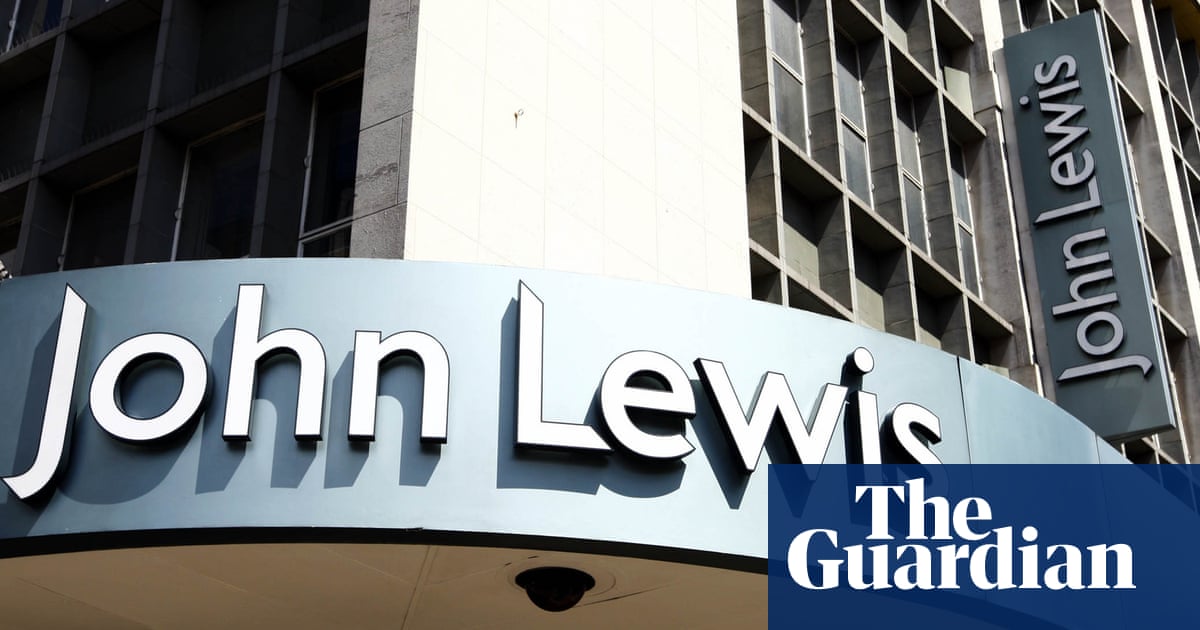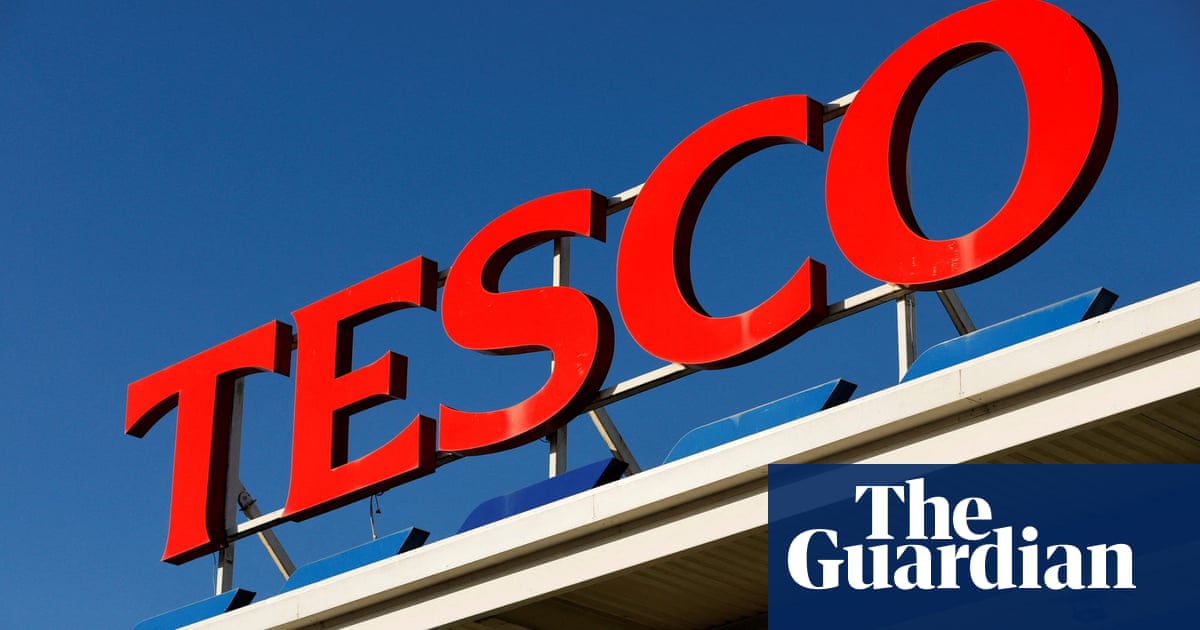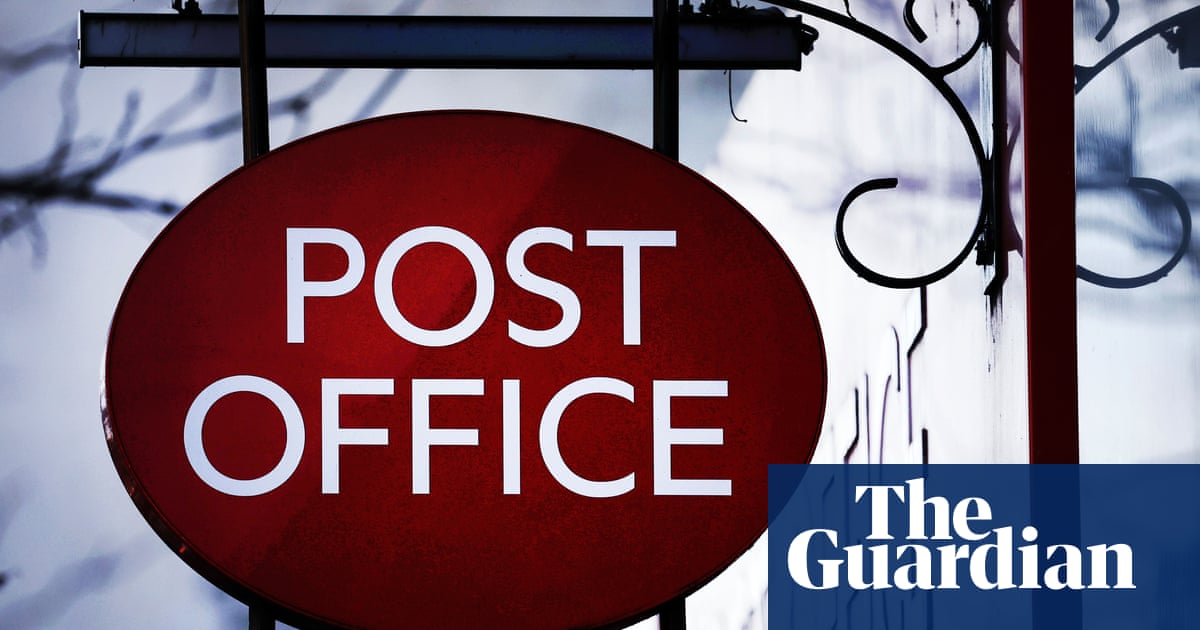
Staff at the company that owns John Lewis and Waitrose have been told to brace for a cultural shake-up after the retailer recruited the former UK boss of Tesco to lead its recovery.
Jason Tarry, a veteran of frontline retail, will replace Sharon White as chair of the John Lewis Partnership (JLP) in an appointment that one analyst said would revolutionise the company’s “social club” culture.
It follows a period of turbulence under White, a high-flying former civil servant who had only recently begun to turn JLP’s fortunes around after inheriting an overexpanded empire that delivered a sequence of punishing losses.
The company lost a cumulative £778m before tax in the three years to January 2022 as it wrestled with the impact of Covid-19 and revalued its estate of department stores as a result of the shift to online shopping.
Despite a return to profit announced last month, the group has opted not to restore its famous annual bonus – effectively a profit share between employees, who are known as partners because they own the business under a mutual model established in 1929.
In more prosperous times, the company would announce the size of the bonus at a heavily publicised event at its flagship Oxford Street store attended by legions of cheering partners.
At one stage last year, however, White appeared to be considering ditching the mutual structure altogether before eventually denying that any such plans existed.
John Lewis was also forced to abandon its famous “never knowingly undersold” pledge not to be beaten on price in 2022 because it was impossible to undercut online retailers with no bricks-and-mortar overheads.
White will hand over to Tarry in September, several months before her term was scheduled to end in February 2025.
Retail analysts said Tarry would inject a hard-nosed culture developed during a 33-year career that included Tesco’s meteoric growth as well as some of its lowest ebbs.
“He could be absolutely perfect for John Lewis,” said Clive Black, a director at the investment firm Shore Capital, who has known Tarry for much of his career.
“He ran the mothership [at Tesco], the core of the organisation. He’ll bring a fantastic grounded, balanced sense of retail leadership within the context of an immense programme of experience at Tesco.
“People on the ground at Tesco really admire the guy and are very sorry to see him go.”
Black said White, who joined John Lewis from the media regulator Ofcom in 2019, was exceptionally talented and had sown the seeds of recovery but had always been a “square peg in a round hole”.
“[John Lewis] probably needs an improvement in its business culture,” he said.
“It’s arguably been a bit of a social club for too long. It’s one thing being a nice place to work and another being a place where there’s a sense of entitlement, which isn’t very healthy.”
JLP, whose 34 department stores and 329 supermarkets employ 74,000 people, had been searching for a new chair since White announced she would not seek a second term.
White had been criticised for focusing too much on non-retail projects, including building homes to rent and expanding financial services, while the group’s main business languished. She has since scrapped a target of ensuring that 40% of JLP profits come from non-retail business by 2030.
Tarry joined Tesco’s graduate trainee programme in 1990 and rose through the ranks to run its UK and Irish business for six years, with experience in grocery, general merchandise, fashion and general management positions.
During his time at Tesco it became the second largest retailer in the world; it also underwent a serious fraud investigation that led to the company paying £235m to settle an accounting scandal.
Black said he had emerged from the affair as one of the company’s “shining lights”.
As a Tesco lifer, Tarry comes from a very different world from the staff-owned culture of JLP.
Both JLP’s brands are more upmarket than Tesco, and Waitrose only has 4.5% of the UK grocery market, compared with Tesco’s dominant 27.3%, according to the latest figures from the industry analyst Kantar.
Employee-owned JLP is also known for its democratic system, in which staff get a say over many important decisions, a far cry from the FTSE 100 retailer Tesco.
Zoë Mills, the lead retail analyst at the retail research group GlobalData, said: “This new challenge for Tarry will require a different tactic to that employed at Tesco, with Marks & Spencer, rather than the discounters, a clear threat to John Lewis’s long-term success.”
Tarry, whose departure from Tesco was announced last October, has taken the role of executive chair for a five-year term full time, suggesting that he eventually may not need the services of a group chief executive – a post created only last year.
Rita Clifton, JLP’s deputy chair, said Tarry had “impressed everyone throughout the interview process with his warmth, his belief in the partnership’s ideals and democratic principles and his appreciation for our unique and special brands”.
Clifton said White had helped to ensure the employee ownership of JLP was secure and returned it to financial health.
“The board extends its huge thanks to Sharon for successfully leading the partnership through one of the most testing periods in its history – first Covid and then the cost of living crisis. She has faced into the toughest decisions and overseen the partnership’s financial recovery.”
White said: “I’m delighted to be handing over to Jason, who has a combination of fantastic retail experience with leadership through transformation.”
Tarry said it was a privilege to take the job.
“The partnership is unique and I’ve long been an admirer of the employee-ownership model, its values and partner-led customer service. This starts with a sharp focus on being brilliant retailers for customers and investing in growth.”












